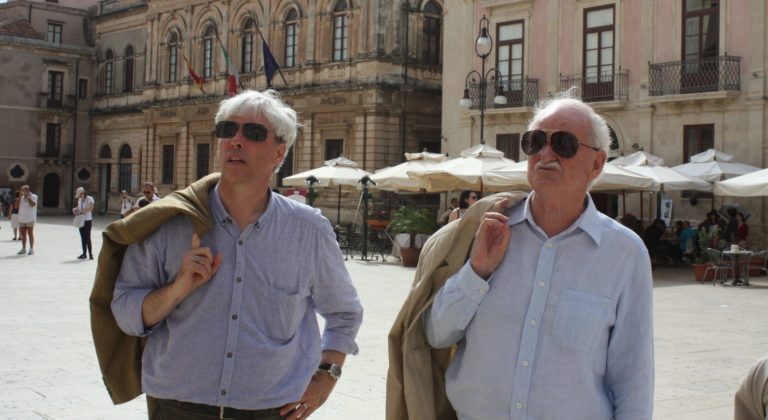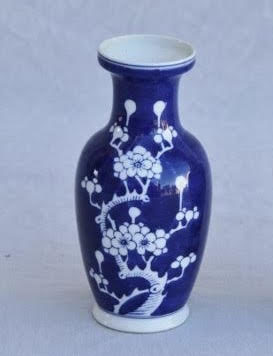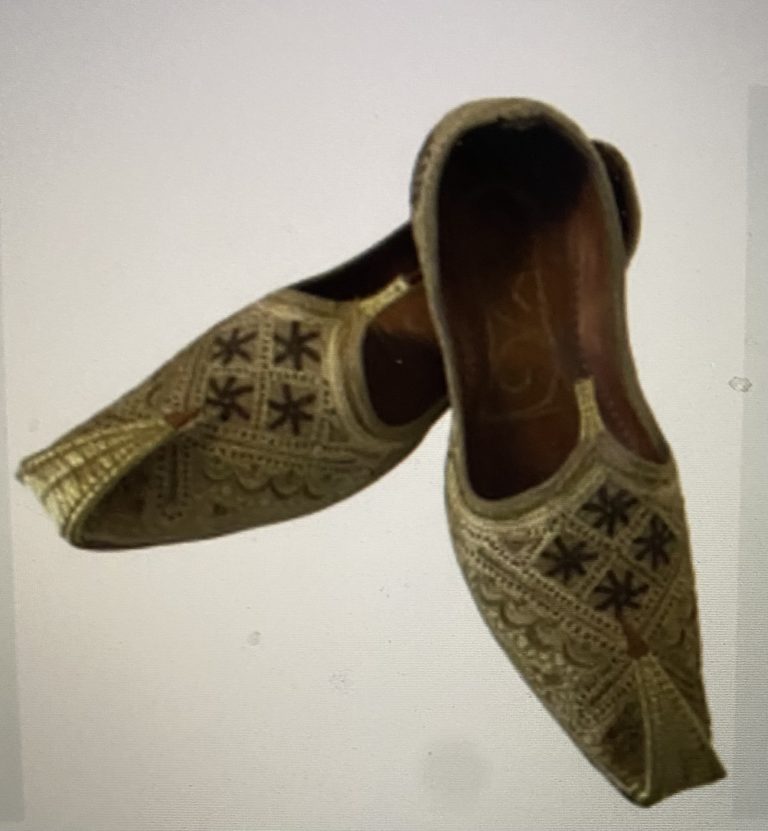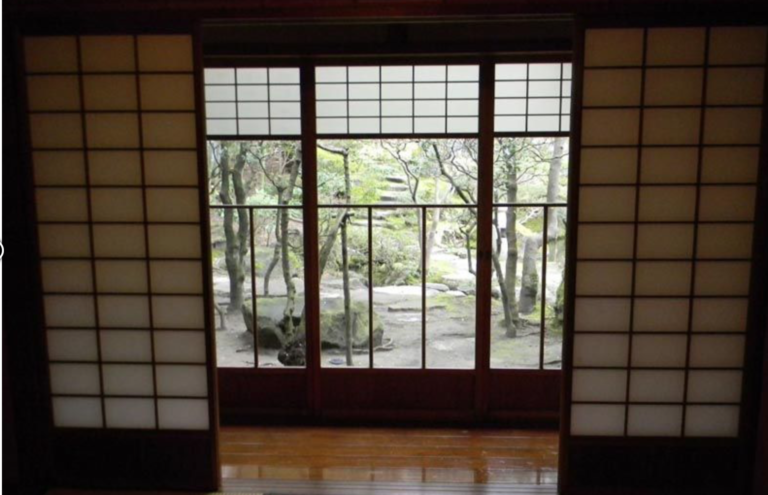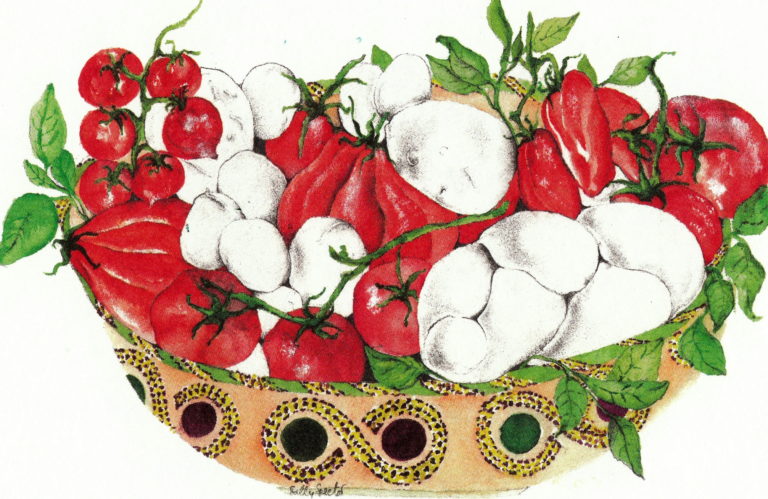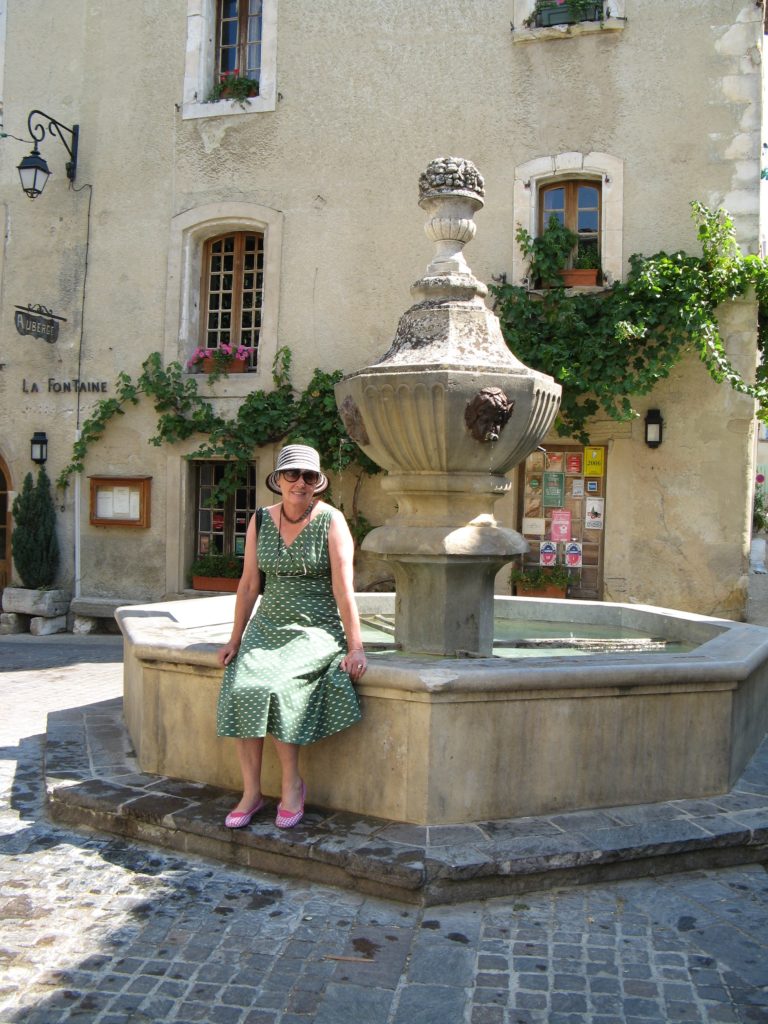Jaffna Visit
In 1978 Sri Lanka trembled on the brink of civil war. The precarious balance between two populations, Sinhala and Tamil, with different religions and different languages, was starting to overturn. There were the usual causes of ethnic friction but a major one was the decision of the Government more than twenty years earlier to ban the teaching of English in schools. This was of little concern to Ministers, most of whom had their children in English boarding schools, but it lit the slow but inevitable fuse of trouble in the Tamil north. Young men who had once relied on government and other jobs that required English found themselves with no employment or hope of it. They turned to Tamil nationalism, to terrorist attacks and robbing banks to fund them (though money was sometimes diverted to provide dowries for their sisters).
Ethnic violence is worse even than civil war but people in Colombo seemed slow to grasp the threat. Stories and rumours in Colombo did not seem the most reliable source of information so I thought I should go north to the Tamil capital in Jaffna to see for myself. My decision, when discussed with members of the Government, provoked general surprise. Why would I want to go to the poverty-stricken north. “So arid,” the Prime Minister’s wife said. Others thought that the slow rise of kidnappings and murders made it unsafe to travel by road.
I rented the only vehicle available for the journey, an ancient British Austin Princess of ponderous speed but impressive stateliness rather overwhelming the little New Zealand flag fluttering on its bonnet, and Julie and I set off on the long drive up the East coast. We drove through villages whose churches were still vivid signs of the earlier Portuguese occupation and stopped at Anuradhapura at the northern edge of Sinhala settlement. The stop was an official one because the town was the site of the Holy Bo Tree, child of the original Bo tree under which the Lord Buddha had attained enlightenment, and its sacred guardian had just been cremated.
We paid our respects to the tree, our bare feet carefully avoiding the little black snakes that wriggled in the sandy soil. At 2500 years it was the oldest recorded tree in the world, and propped up on iron supports it looked its age. Then we visited the pyre of the Venerable Incumbent of the Holy Bo Tree. He reposed on a fluffy white pillow of ash with the black outline of his skeleton sunk into the ash. I offered the Buddhist prayer I was given, while reflecting that someone with the rank of Venerable Incumbent could hardly look for much higher things in the hereafter.
We drove through the Elephant Pass into the Tamil heartland, the countryside indeed becoming more arid, until we reached Jaffna, still dominated by its Dutch-built fort. A curious feature of the town was that almost everyone seemed to be driving old Austin A40s, a car which the thrifty citizens clearly felt could never be bettered. A more dramatic feature was that the walls were covered in garish-coloured slogans. I could not read them but the rising sun emblem of Tamil independence beside them made their message clear. The town was fizzing with nationalist excitement and trouble was in the air.
I talked to businessmen, schoolmasters and those government officials who would be seen talking to me – no Ministers would visit the town, a point repeatedly complained of. The most useful of my informants was the Superintendent of Police, a brave man struggling to keep some normality in the town (he was assassinated a few weeks later). He said his main difficulty was to get his police force to come out of the fort, where they and much of the government had taken refuge.
On our last night the Superintendent had us to dinner, and we ate once again the evil-smelling Jaffna rice so beloved by its inhabitants. I said that I would like to go home by the inland road to see more of the countryside but its thick jungle also meant a greater risk of terrorist attack. The Superintendent sensed my wife’s misgivings and offered an armed escort. To her husband’s everlasting admiration she firmly declined.
The next morning we drove comfortably for miles along a deserted road through dark-green jungle. The journey was without incident and in fact rather monotonous until we came round a bend to find that a large tree had been felled across the road and a group of young men holding machetes were watching our approach with interest. Julie’s hand tightened in mine and the driver hesitantly slowed the car. This was awkward. The road was too narrow to turn quickly and the manoeuvre might only invite trouble. It seemed best to rely on our ridiculous car and the flag to talk ourselves through. I told the driver to drive up to the tree.
When I got out I was surrounded by young men haranguing me in Tamil and it was impossible to know whether it was abuse or an explanation. It proved to be the latter. Out of the chatter floated a voice in English saying something like “tree went wrong”. I breathed more freely. A mistake had been made felling the tree and it had fallen across the road. They had been wondering what to do when our car had providentially come into sight.
This was a straightforward problem. I fished out a bundle of rupee notes, waved them as encouragement and we all set to work moving the tree. It was heavy but in time we shifted it enough to allow the car through. Then I distributed the rupees and we drove off in a haze of goodwill, but we had reached the outskirts of Colombo before my wife would speak to me again.
